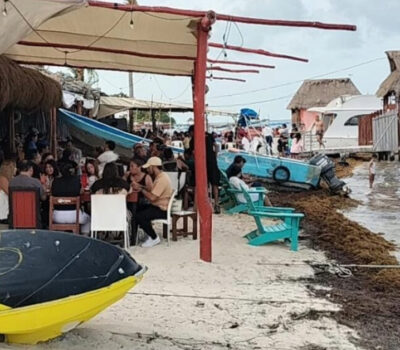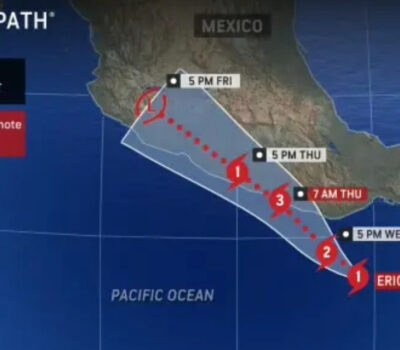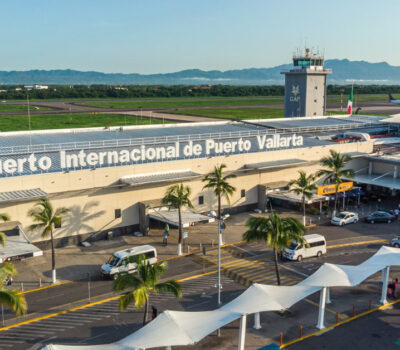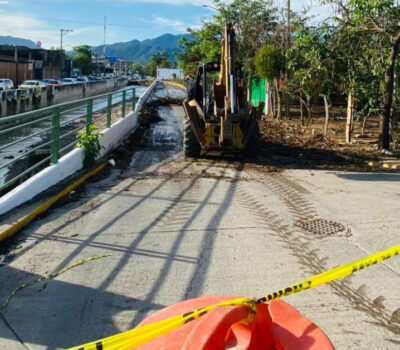A beginner’s guide to buying real estate in Mexico as a foreigner. Learn about restricted zones, fideicomisos, and legal requirements for property ownership.
Buying real estate in Mexico as a foreigner can be both exciting and complicated. Mexico welcomes foreign investment, but there are important constitutional protections in place to ensure national sovereignty over land ownership—especially in strategic areas like beaches and border zones. If you’re thinking about purchasing property in Mexico, understanding these rules is crucial.
Here’s a straightforward breakdown of what you need to know before buying property south of the border.
The Basics: What Does the Mexican Constitution Say?
Article 27 of the Mexican Constitution states that only Mexicans—either by birth or through naturalization—and Mexican corporations can directly acquire land. Foreigners are not granted this automatic right. However, Mexico makes exceptions under certain conditions.
Foreigners who want to acquire property must agree to a clause issued by the Ministry of Foreign Affairs (SRE), in which they waive their right to invoke their home country’s protection over the property. This agreement ensures that, in the event of a legal dispute over the property, the foreigner cannot request intervention from their own government.
If this agreement is violated, the property can be seized by the Mexican government.
What Is the Restricted Zone?
The restricted zone is defined as:
- 100 kilometers (62 miles) from any Mexican land border, and
- 50 kilometers (31 miles) from any coastline.
Foreigners cannot directly own property within these zones. But that doesn’t mean you’re out of luck if you want a beach house in Puerto Vallarta or a home near the Belize border. There’s a workaround.
The Fideicomiso: Your Legal Workaround
To own property within the restricted zone, foreigners must use a fideicomiso, or trust. Here’s how it works:
- A Mexican bank (the trustee) holds the title to the property.
- You, the foreigner (the beneficiary), have full rights to use, lease, sell, or pass the property to heirs.
- This trust is valid for 50 years and can be renewed.
The fideicomiso gives you full control without technically transferring direct ownership—keeping the law intact while still letting you enjoy and profit from your property.
Outside the Restricted Zone: Direct Ownership Is Possible
If you’re looking at real estate outside of the restricted zone—such as in central cities like Guadalajara or San Miguel de Allende—you can acquire direct ownership, but with some conditions.
You’ll need:
- An agreement with the Ministry of Foreign Affairs stating you accept to be treated as a Mexican for the property in question.
- A permit from the SRE (unless you’re from a country with diplomatic relations with Mexico—in which case, the permit may not be necessary, thanks to an agreement published in the Diario Oficial de la Federación on March 2, 1998).
Buying Through a Mexican Company
Some foreigners choose to invest in real estate through a Mexican corporation. There are two categories:
1. Companies Excluding Foreigners
- These have bylaws that restrict foreign participation.
- They can freely purchase any land, including within the restricted zone.
2. Companies Admitting Foreigners
- These allow foreign shareholders but must follow specific rules:
- Outside the restricted zone: Can purchase property directly.
- Inside the restricted zone:
- For non-residential use (e.g., hotel, office): Direct ownership is allowed, with a required notification to the SRE within 60 business days of purchase.
- For residential use: Must use a fideicomiso and get prior SRE approval.
How to Set Up a Fideicomiso: Step-by-Step
If you’re buying in the restricted zone, here’s what the fideicomiso process generally looks like:
- Choose a Mexican bank authorized to manage trusts.
- Hire a notary public and real estate lawyer to review contracts and oversee the legal process.
- Negotiate the property purchase with the seller, contingent on trust approval.
- Apply for SRE permit (this is usually handled by the bank or notary).
- Bank drafts the fideicomiso agreement, including your rights to use, lease, sell, or inherit the property.
- Sign the trust agreement before a notary—the property title is transferred to the bank, which holds it in trust.
- Pay fideicomiso setup fees and annual maintenance fees, which vary by bank.
FAQ: Buying Real Estate in Mexico as a Foreigner
Q: Can I pass the property to my children or spouse?
Yes. The fideicomiso allows you to name beneficiaries, ensuring your heirs inherit the trust and the property rights.
Q: Is it better to buy through a fideicomiso or a Mexican corporation?
For residential property in the restricted zone, a fideicomiso is the simplest and safest route. Corporations are better suited for commercial property or development projects.
Q: How much does a fideicomiso cost?
Setup fees typically range from $500 to $1,500 USD, with annual fees from $400 to $800 USD, depending on the bank and the value of the property.
Q: Can I rent out my property under a fideicomiso?
Yes. You have full rights to lease or rent the property, subject to local laws and tax regulations.
Q: Can I buy ejido land as a foreigner?
Ejido land—communal land often used for agriculture—is off-limits unless it has been legally regularized and privatized. Always consult a lawyer before attempting such a purchase.
Final Thoughts
Buying property in Mexico as a foreigner isn’t just possible—it’s common. Whether you want to retire by the sea, invest in vacation rentals, or simply own a second home, the path is clear once you understand the rules.
Mexico’s legal framework aims to protect its territory while welcoming foreign investment. By working with professionals and staying compliant, you can enjoy the benefits of ownership with peace of mind.
Before moving forward, always consult a qualified Mexican real estate attorney, especially when dealing with fideicomisos, zoning, or ejido lands. A little due diligence goes a long way in protecting your piece of paradise.
A beginner's guide to buying real estate in Mexico as a foreigner. Learn about restricted zones, fideicomisos, and legal requirements for . . .












